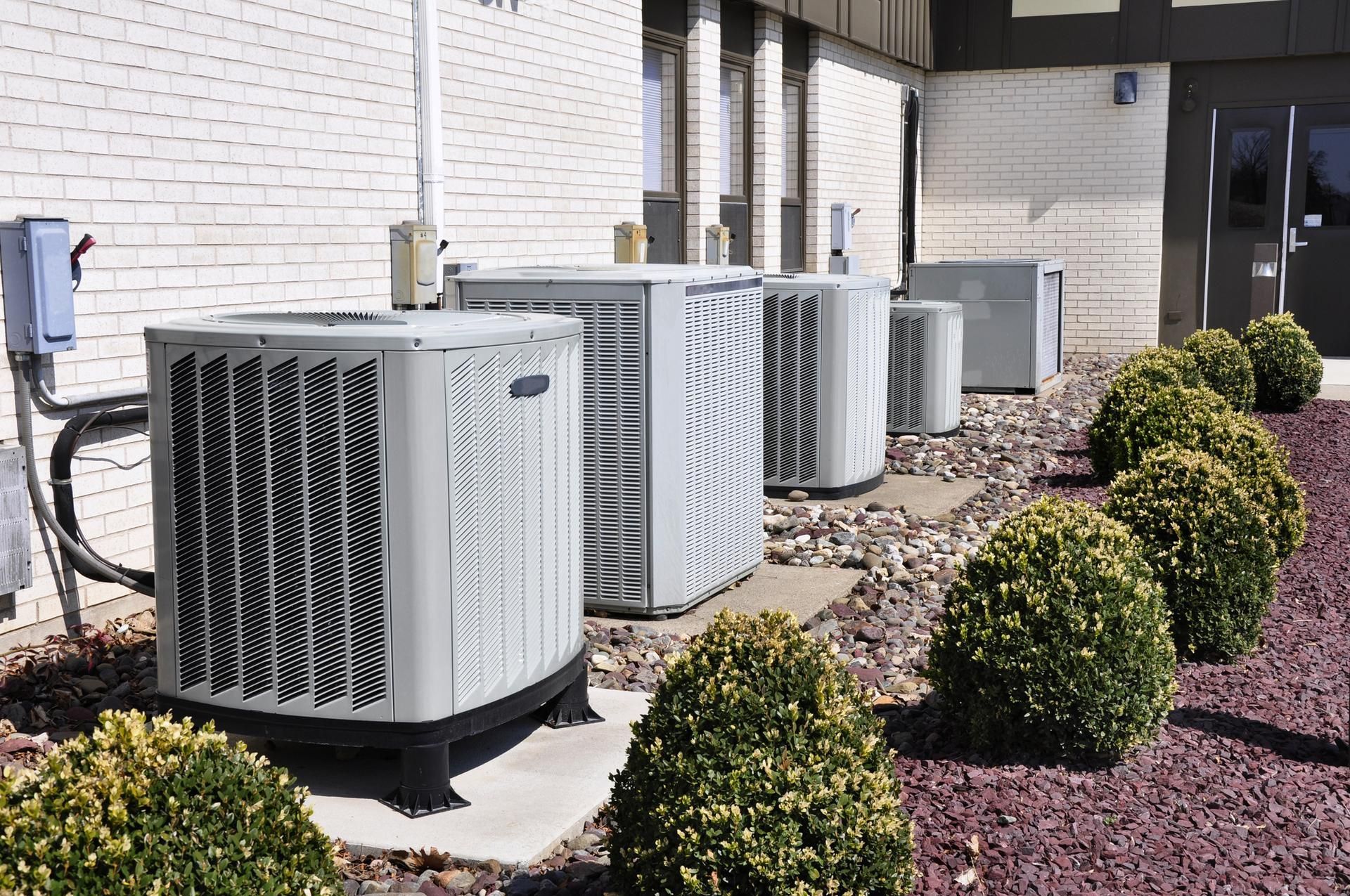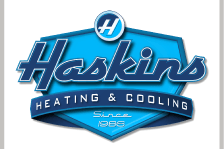Blog Post
Common Types of HVAC Noises Explained
- By Robert Maestro
- •
- 24 Mar, 2023

Most home appliances produce various types of noises throughout the day. But when your Heating, Ventilation, and Air Conditioning (HVAC) unit starts to produce strange noises, you may have a bigger problem. To help you know what is wrong with your HVAC unit, here is a guide about top sounds that may emanate from your unit.
Constant Banging Noises
HVAC units often make operational noises when running, but loud banging noises are an indication of a broken unit. The banging noise most likely originates from a malfunctioning compressor. The compressor removes excess heat from the unit by distributing the refrigerant into various sections of the HVAC system. Once your system begins aging, several compressor components can stop working, causing the HVAC unit to start producing banging noises.
Another possible cause of the banging noises may be a damaged connecting rod or piston pin. Check if any other part on the outside of the HVAC unit is loose and needs tightening.
Another possible cause of the banging noises may be a damaged connecting rod or piston pin. Check if any other part on the outside of the HVAC unit is loose and needs tightening.
Hissing Noises
Several factors can cause your HVAC unit to produce hissing noises. The most common cause is a refrigerant leak somewhere along the HVAC system. The refrigerant leak may happen in the unit's air handler or compressor. Since an internal refrigerant leak is dangerous and can increase internal pressure, switch off the power and reach out to an HVAC professional immediately.
The refrigerant may also be leaking from the air duct. An incompatible air filter or a malfunctioning expansion valve can also cause the system to produce a hissing sound. As soon as you hear the hissing sound, turn off the HVAC unit and have a professional address the refrigerant leak immediately.
The refrigerant may also be leaking from the air duct. An incompatible air filter or a malfunctioning expansion valve can also cause the system to produce a hissing sound. As soon as you hear the hissing sound, turn off the HVAC unit and have a professional address the refrigerant leak immediately.
Steady Pulsing
When the refrigerant lines come into contact with your house walls, you may hear a slow pulsating sound. The sound can also happen if some components of the HVAC system, such as a fan blade or coil, are loose. Insulate your HVAC system to prevent touching between the walls and refrigerant lines. A professional can also tighten any loose parts in the HVAC system to avoid pulsating noises.
Humming Noises
A contactor relay switch is a component that gets signals from the thermostat and turns on the outdoor HVAC system. If the relay switch is defective, your unit might produce humming noises. At the same time, you won't be able to switch on the unit until the issue is resolved. Since such is an electrical problem in the unit, schedule immediate repairs, as the issue can cause further damage to your unit.
Booming Noises
The furnace turns on after getting a light from an electric ignition or another pilot light. If the furnace doesn't turn on, gas will accumulate inside the HVAC combustion chamber and ignite suddenly. This dangerous situation can cause carbon particles to gather in the HVAC unit. If you hear a booming sound, ask a professional to inspect the flue and combustion chamber for signs of carbon particles.
Buzzing Sound
Excessive usage of your HVAC unit can cause the system to freeze up or the refrigerant to leak. You will then hear a constant buzzing sound coming from the exterior HVAC unit. The problem can also happen if the condenser fan has malfunctioned. An electrical malfunction within the HVAC system can also produce a buzzing sound.
Rattling Noise
Improperly installed air ducts can cause a rattling noise throughout your home. Loose parts in your HVAC systems, such as bolts, fasteners, and screws, can also cause your unit to produce a rattling sound.
As soon as your HVAC unit starts to produce weird sounds, switch it off immediately. You can then reach out to Haskins Heating & Cooling to come and diagnose the problem. We are HVAC experts who install, repair and maintain HVAC units. Feel free to contact us today for more information.
Share
Tweet
Share
Mail
Haskins News

Haskins Heating & Cooling
5470 Highway 41-A
Joelton, TN 37080
Phone:
615-746-6390
Business Hours:
24-Hour Emergency Service
^
Content, including images, displayed on this website is protected by copyright laws. Downloading, republication, retransmission or reproduction of content on this website is strictly prohibited. Terms of Use
| Privacy Policy







